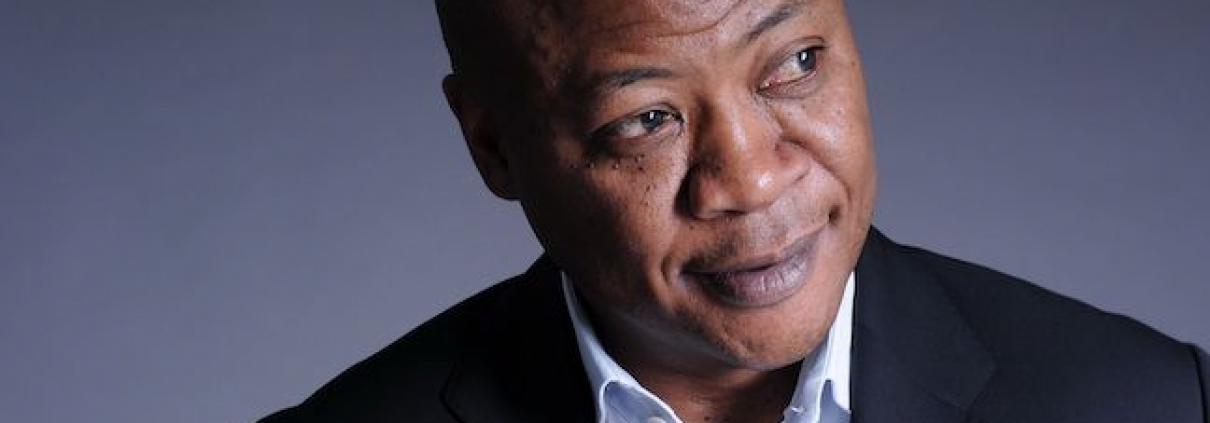Is the new office jargon a sign that hybrid workers feel disconnected?
Hybrid working is changing the way we communicate with our colleagues.
According to a recent national survey by leading research agency Perspectus Global and commissioned by The Access Group, 91% of those polled agree that hybrid working has changed the way we talk and communicate with our colleagues in the workplace.
69% of respondents felt the impact of the pandemic and subsequent trend towards hybrid working has increased the amount of specialist language and terminology being used in the workplace.
Of those surveyed, “touch base” was deemed the most annoying phrase (35%) at work, followed closely by “keep me in the loop” (31%), while “ping an email over” was identified as the third most irritating phrase (29%) in a post-pandemic workplace.
As more employees have been working from home and away from the office, the terms that have irritated them the most show there is a feeling of disconnect among employees, even though we are still “seeing” colleagues every day, albeit online.
Others on the list include “get the ball rolling”, “you’re on mute” and “on the same page”. To view the full list of annoying office phrases highlighted in the survey click here.
Our language is being shaped by our technological environment
Claire Scott, Chief People Officer at Access said many of these phrases reflect how most employees are still working remotely from their colleagues, with a high number of meetings continuing to take place online.
She said: “It is interesting how the top three most annoying phrases can be linked to people feeling disconnected from their colleagues and wanting to know more about what people are working on.
“The phrases we are hearing used a lot more in the last two years show that an increase in remote and hybrid working makes it difficult for workers to communicate and shows a desire for people wanting to constantly know what work is being done.”
Can technology help a hybrid workforce feel more connected?
It is an issue that affects employers and staff alike, from an employer’s perspective effective communication is key to a happy and productive workforce. From a worker’s perspective feeling connected and part of a team is important for individual productivity, feeling valued, career progression and overall well-being.
Aiming to strike the right balance in hybrid working has employers posing a brand new HR question – how do I ensure my workforce feels connected at work? At Access, we are seeing many businesses opting to invest in people management software designed specifically to support workforces and ensure teams and individuals can connect.
Can hybrid or remote working hinder career progression and access to training and development?
The survey revealed that over half of the workers polled (54%) felt that face-to-face communication between workers and colleagues would continue to decline over the next 5 years.
Longer term issues in communication can have a potential knock-on effect on career progression and training, some remote workers may feel they could be overlooked in promotions and training opportunities, so how can employers ensure an equal opportunities workplace?
Some businesses are choosing to take their training online with digital learning solutions such as eLearning courses and Gamefield Learning Apps which means workers can learn and progress at their own pace and are supported throughout their training.
At Access our digital learning solutions support performance and development while ensuring industry compliance, learning platforms integrate with Zoom or Teams and schedule and manage learning events, so there is no reason for employees to be suffering from FOMO at work!
Original article can be seen here.






